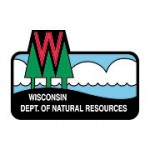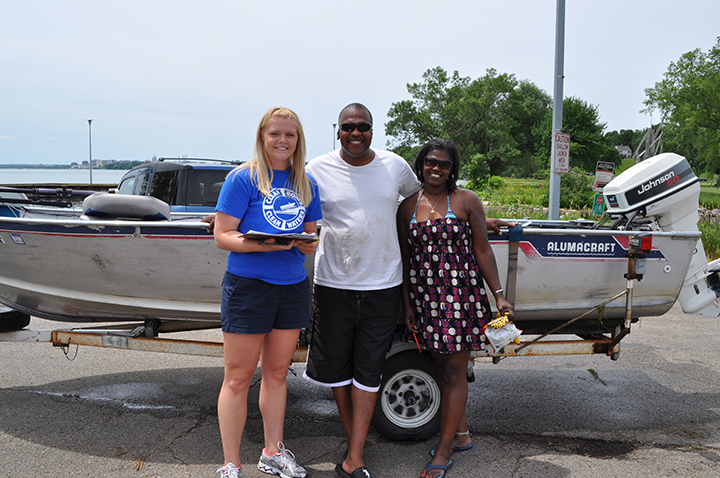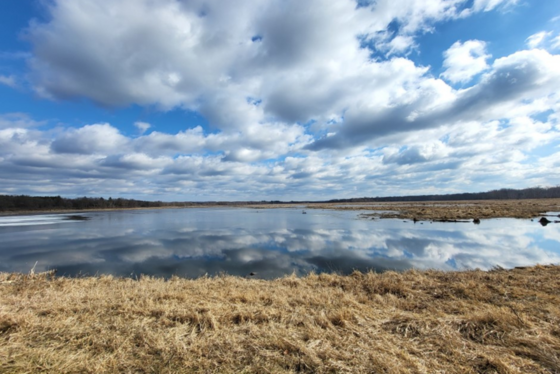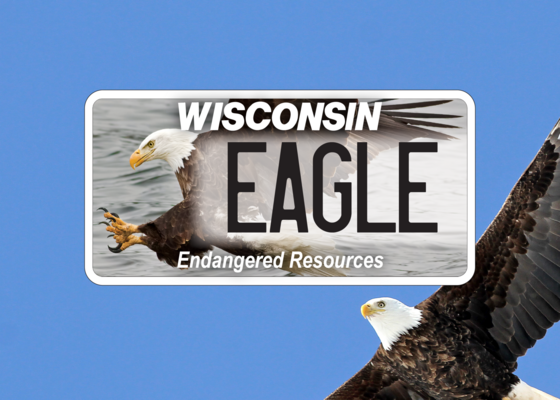DNR Kicks Off Water Quality Month With Safe Water For All Campaign; Announces Panel Series
Agency Working With DHS And Other Partners To Make Sure Our Water Is Safe Now And For Future Generations
MADISON, Wis. – Ahead of National Water Quality Month this August, the Wisconsin Department of Natural Resources (DNR) today announced the department is launching the Safe Water For All Campaign to spotlight the need for Wisconsinites to have safe, clean drinking water.
“Our state and our economy depend on having access to safe, clean water, from our homes and our schools to our farmers to our outdoor recreation industry, and we’ve been working to address water contamination and protect the health of folks across our state since the beginning of my administration,” said Gov. Tony Evers. “I’m incredibly proud of the work we’re doing to offer real solutions to improve water quality for every Wisconsinite, but we also can’t do it alone—we need the Legislature to give this issue their urgent attention and action.”
“Water is an essential and precious resource. Tens of thousands of people today cannot drink the water that comes out of their tap. No one should ever be afraid to turn on their tap,” said DNR Secretary Preston D. Cole. “Today we are launching a new educational effort to amplify the importance of safe drinking water for all. This effort will let the public know where they can go to learn about the safety of their water, what the DNR is doing to protect their health and the solutions we could implement today to ensure clean water for all.”
Today, the work continues. In addition to declaring 2019 the Year of Clean Drinking Water, Gov. Evers directed the DNR and the Department of Health Services, the agencies entrusted with protecting Wisconsin’s health and water resources, to strengthen water quality standards for nitrate, PFAS and lead. Learn more about how the State of Wisconsin is protecting our drinking water here.
“Access to safe drinking water is a critical component of healthy environments for people to live, work, and play in. Here in Wisconsin, we are lucky to have water resources, but we are confronted with a range of water quality concerns – some naturally occurring and some due to human practices,” said DHS Secretary-designee Karen Timberlake. “All of us at DHS stand committed to ensuring access to safe drinking water.”
The Safe Water For All Campaign is focused on educating the public on the leading drinking water contaminants, including PFAS, nitrates and lead, and their impact on your health. The public is encouraged to participate in an upcoming panel series to stay informed and learn steps you can take to keep safe.
Safe Water For All Panel Series
Sowing The Seeds For Safe Water
Water gives us life and grows our food. Yet today, many of those who grow our food can’t drink their water. Learn how farmers and agriculture business leaders are using science to advance innovative solutions for safe water. Hear new ideas for policies, technologies and practices that protect water and strengthen the economy.
Threats On Tap: Marginalized Communities At Risk
While the Safe Drinking Water Act guarantees all Wisconsinites access to clean, drinkable water, not everyone can safely turn on the tap. The United States has remarkable water systems, developed over two centuries of technological, institutional and economic advances. However, the benefits of those systems have not been equally felt across the state. Water systems that serve marginalized areas –communities of color, low-income communities and rural communities – are more likely to be unsafe. Hear about the efforts to understand and to secure safe and affordable drinking water for every community.
Protecting the People: Safe Drinking Water For All
Wisconsin has a long history of protecting the state’s waters and even led the nation in drinking water protection with the passage of the 1983 groundwater law. Approximately two thirds of people living in Wisconsin get their drinking water from groundwater. Adequate supplies of uncontaminated groundwater are crucial not only for our health but also for our breweries, agricultural operations and cutting-edge industries in Wisconsin. Hear how Wisconsin is working to protect your health and what you can do to get involved.
Note: More details to follow.
Be In The Know
PFAS
PFAS (per- and polyfluoroalkyl substances) are a group of human-made chemicals used for decades in numerous products, including non-stick cookware, fast food wrappers, stain-resistant sprays and certain types of firefighting foam.
These contaminants have made their way into the environment through spills of PFAS-containing chemicals, discharges of PFAS-containing wastewater to treatment plants and certain types of firefighting foams.
PFAS has been found at more than 50 sites across Wisconsin. There is a growing public health concern over PFAS — which do not occur naturally and are widespread in the environment. They are found in people, wildlife and fish all over the world. Because PFAS do not break down easily in the environment, and some PFAS can stay in the body for a long time, they are referred to as forever chemicals.
Scientists are still learning about the health effects from PFAS exposure, but studies indicate that some PFAS can cause adverse reproductive and developmental, liver and kidney, and immunological effects. More limited findings show links to cancer and thyroid hormone disruption.
LEAD
Lead plumbing is more likely to be found in apartments and homes constructed before 1986. Lead-service lines may contribute as much as 75% of the lead found in drinking water in older homes. According to DHS, because of the number of older homes in Wisconsin — and aging faucets, fixtures and pipes — children living in Wisconsin are at higher risk for lead poisoning than children in many other states.
The latest report on Childhood Lead Poisoning in Wisconsin found that 5% of the children tested were blood poisoned. African American children accounted for the highest percent of children poisoned (50%) compared to Caucasian (25.2%), Hispanic (17.8%), Asian (5.9%) and American Indian/Alaskan Native (1.0%).
Exposure to lead has been linked to adverse health effects, including developmental delays, behavior and learning problems, lower IQ and hyperactivity, hearing problems, and anemia in infants and young children.
Lead exposure is also linked to cardiovascular effects, increased blood pressure and incidence of hypertension, impaired kidney function, and reproductive problems in adults and can result in serious health impacts to pregnant mothers.
NITRATE
Nitrate is Wisconsin’s most widespread groundwater contaminant, according to Wisconsin’s Groundwater Coordinating Council. Nitrate contamination of groundwater is increasing in extent and severity across the state. Today, nitrates are at levels of concern in 74 public drinking water systems and that more than 10% of private wells have high levels of nitrate levels.
Nearly 90% of nitrate in groundwater is due to agricultural activities, including manure spreading and fertilizer application. Other common sources of nitrate include septic systems and sewage treatment practices.
Nitrate dissolves easily in water and does not adsorb onto the soil. It can easily be carried into the groundwater by rainwater and melting snow as they make their way through the soil and bedrock into the underlying aquifer.
NOTE: This press release was submitted to Urban Milwaukee and was not written by an Urban Milwaukee writer. While it is believed to be reliable, Urban Milwaukee does not guarantee its accuracy or completeness.
Mentioned in This Press Release
Recent Press Releases by Wisconsin Department of Natural Resources
Help Stop The Spread Of Aquatic Invasive Species
Jun 25th, 2025 by Wisconsin Department of Natural ResourcesGreat Lakes Landing Blitz, June 30 – July 13
DNR Celebrates 85 Years Of Bald Eagle Protection And National Eagle Day
Jun 20th, 2025 by Wisconsin Department of Natural ResourcesSupport Endangered Species Conservation And Bald Eagle Recovery In Wisconsin























